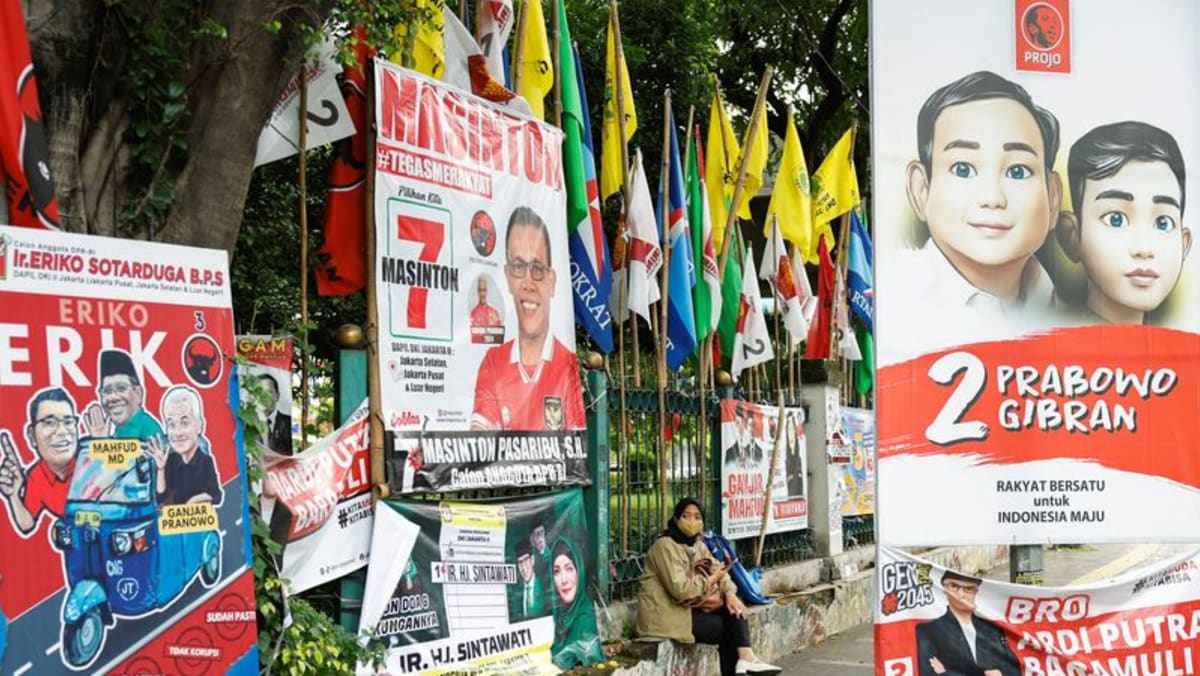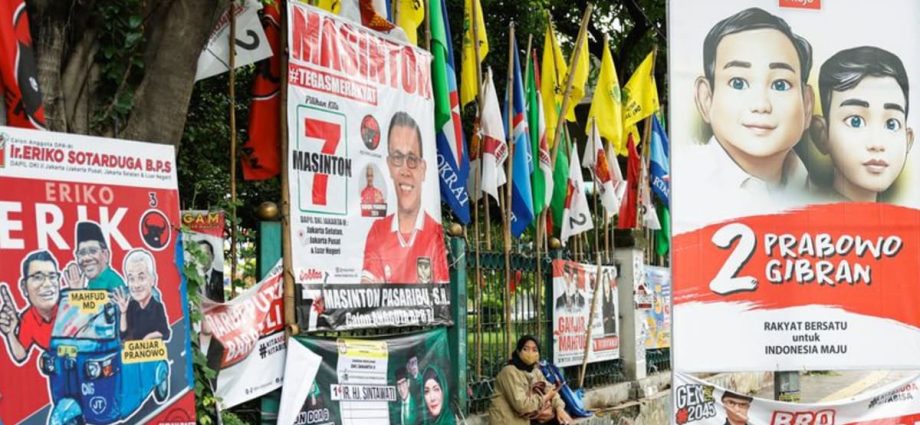
INDONESIA’S NICKEL POLICY
The nickel boom comes on the back of President Joko Widodo’s resource nationalism push.
Indonesia has the world’s biggest reserves of nickel but exports of the metal were banned in 2020 to capture more of their value.
The so-called “commodity downstreaming”, where natural commodities are processed onshore, is a bid to establish more domestic smelters and produce more nickel products instead of just exporting raw nickel.
Nickel is used in the making of stainless steel or batteries.
Outgoing shipments of nickel products hit US$30 billion in 2022, more than 10 times what they were in 2013, boosted by demand for batteries used in electronic vehicles (EVs).
JOKOWI’S LEGACY
The last decade saw numerous structural reforms and changes that improved the Indonesian economy, said Ms Pranjul Bhandari, chief economist of India and Indonesia at HSBC.
In addition to the nickel policy, Mr Jokowi’s onimbus law that aimed to attract investments and create jobs, as well as mega infrastructure projects, could become part of his legacy.
Nusantara, the nation’s planned new capital in East Kalimantan, also attracted more than US$2.6 billion worth of investment last year.
Ms Bhandari said manifestos from the main parties contesting in the election look set to continue with the current administration’s economic policies.
“Almost all the presidential hopefuls are supportive of the downstreaming strategy. Many other laws, for example the omnibus law, has now been enshrined so those benefits will continue to see the light of the day,” she said.

